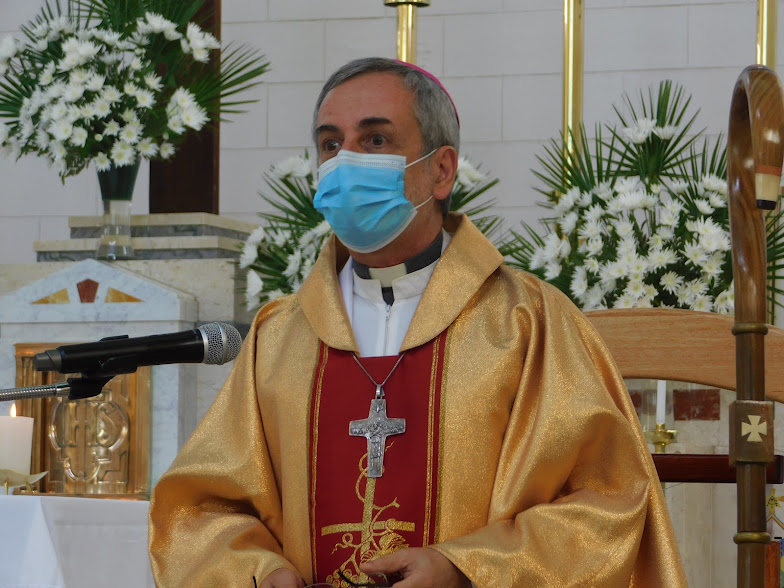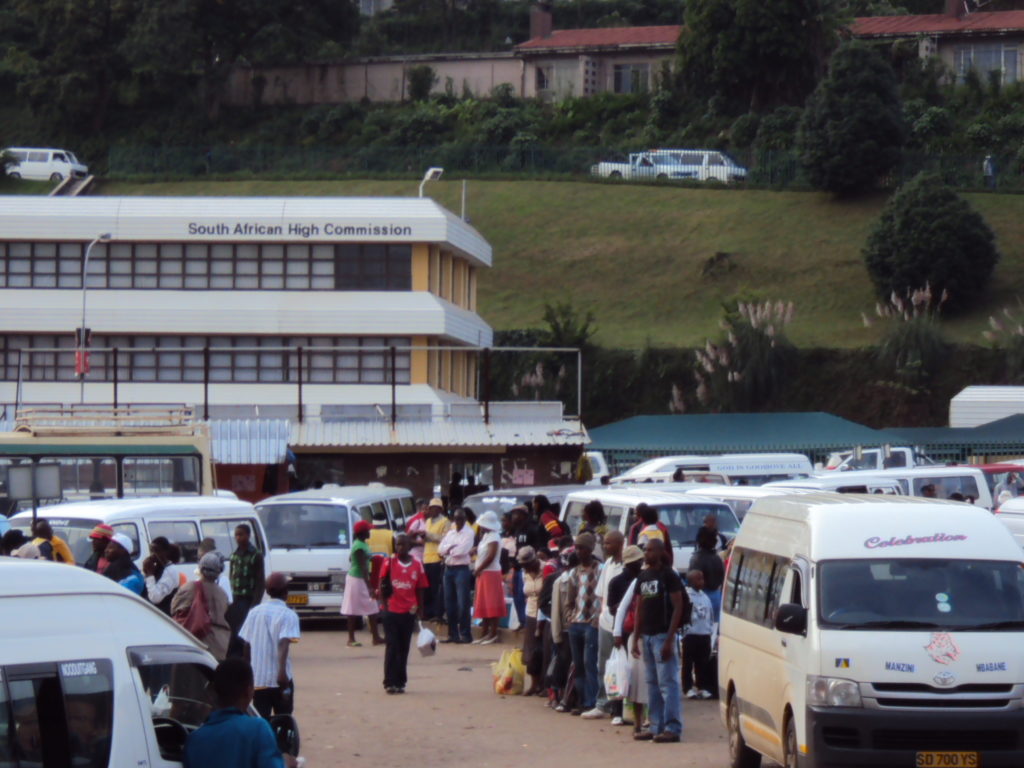Radar

Credit: Diocese of Manzini Media.
The Church Speaks Out On The Eswatini Crisis
The pro-democracy protests which recently occurred in eSwatini brought about the death of 70 people and 600 detained. The Church of Southern Africa has spoken out in defence of human rights and denounced the oppressive regime in the country. So far, the response of King Mswati III has been the appointment of a new Prime Minister, ignoring the extended clamour for reforms of the Constitution in this absolute monarchy
BY FR RAFAEL ARMADA MCCJ | PRETORIA
BISHOP JOSE Luis Ponce de León of Manzini, called for calm and dialogue in the country, echoing a previous statement issued together with the Council of Swaziland Churches. “The restoration of calm should not make us think that the reasons behind the unrest have been addressed. An all-inclusive and open dialogue without excluding any stakeholder is the only possible way forward”, he added.
In his statement, the Bishop appealed for the restoration of internet services in the country so that the citizens may not depend on the information being offered by foreign media but also their own. “Internet services allow Churches, NGOs, political organisations and other bodies to share their own calls for calm and dialogue and the Churches to provide essential spiritual support in this time of crisis”.
Pursuing Democracy
On the same issue, the head of the South African Catholic Bishops Conference (SACBC), Bishop Sithembele Sipuka, speaking during the virtual opening of the plenary session of the Conference, related the Eswatini crisis with the recent unrest in South Africa in the following terms:
“Although at such a great cost to life and economy, one positive thing that can be said about these protests is that they seem to be an irreversible move to decisively deal with the lack of democracy in that country. We pray that this noble goal will be achieved without much loss of precious life.
In eSwatini, people are fighting against a king who is treating the country as his private property, and in South Africa they (at least those who are instigating the violence) are fighting for the impunity of a man who has done something similar, a man who facilitated the looting of the country and when called to accountability, disregarded the laws of the country and entertains a paramilitary force to protect him against obeying the law. While in eSwatini, people are tired of a big man who is untouchable, in South Africa they are fighting for a return of a situation where some people will be untouchable.
In this day and age, people have not realized how the big man syndrome, where one person is allowed to do as he wants, is disastrous for the country. The big man syndrome in Africa has seen Constitutions being changed just to keep the big man in power. Big men have been allowed to stay forever in power preferring to sacrifice the common good than to let the man go or force him to go.”

In the same Conference, guest speaker, Archdeacon Bheki Magongo of the Anglican Church in eSwatini gave his contribution on the crisis in eSwatini. As a member of the Council of Churches, he acknowledged the provisions of the Constitution of eSwatini with regard to dialogue. However, he expressed their dissatisfaction—as Bishop Ponce had pointed out—with the way it has been happening, since the dialogue looked like presentations whereby there is no engagement. Magongo said that they need the Southern Africa Development Community (SADC) to facilitate engagement that should happen in a neutral environment where people could easily make their submissions without fear. He said that in the long term there is a need to establish strong institutions for accountability and to strengthen all existing ones provided for in the Constitution, to function independently, free from undue political influence. Magongo added that there is a need also to create a platform where minority and dissenting voices will be entertained and heard. In the end, Archdeacon Magongo warned that although it might seem like the situation is calm at this moment, it is not so, the worst is still to come if people don’t sit and talk about the issues of the country.
